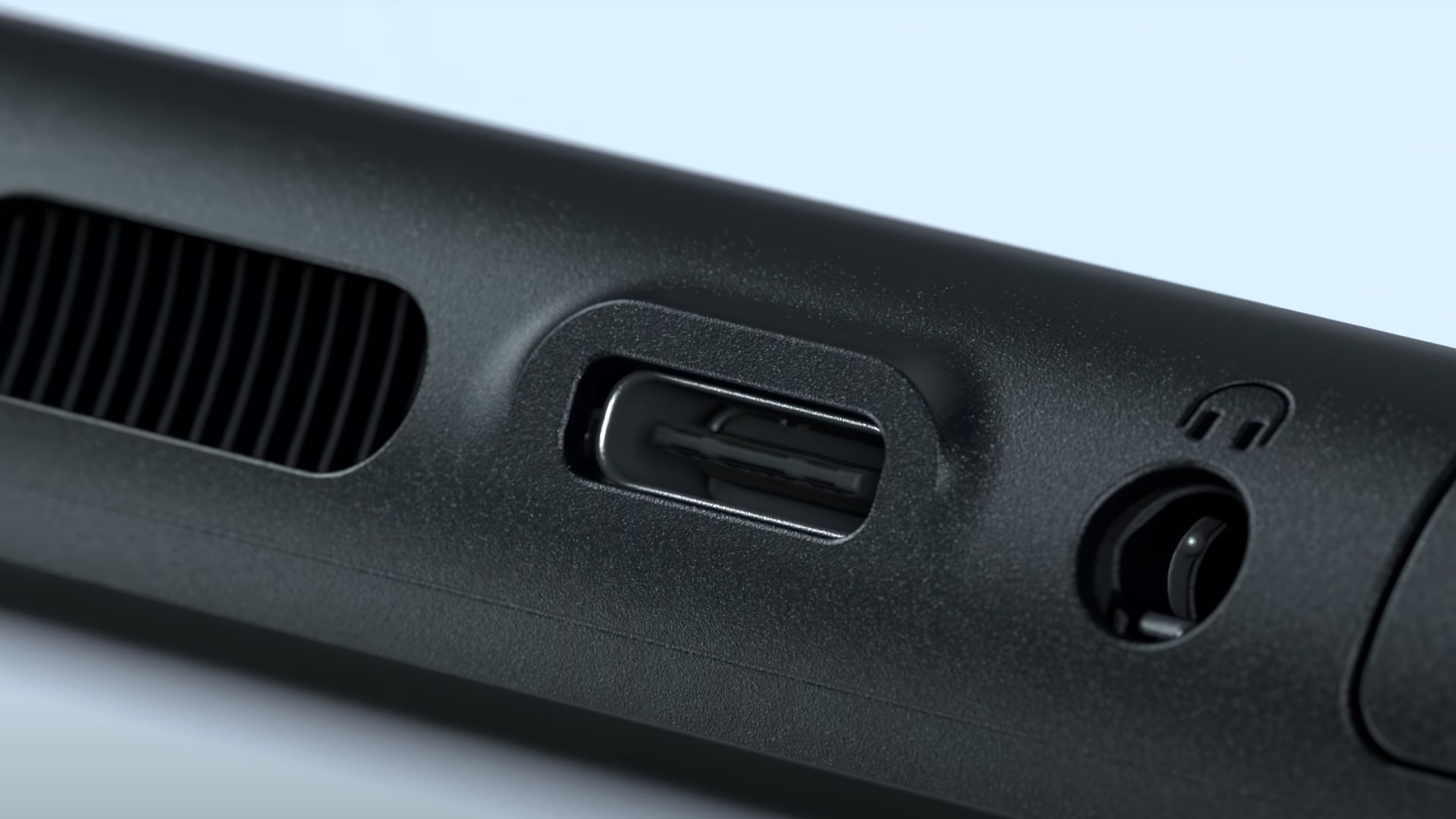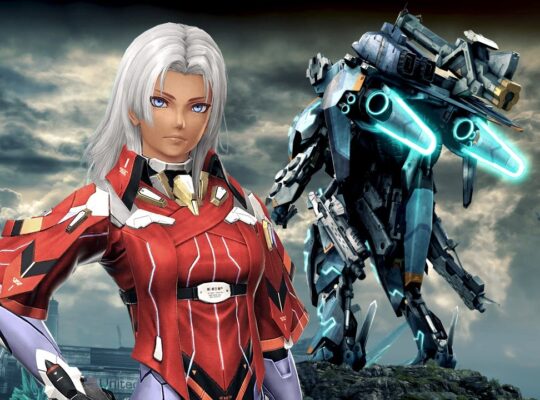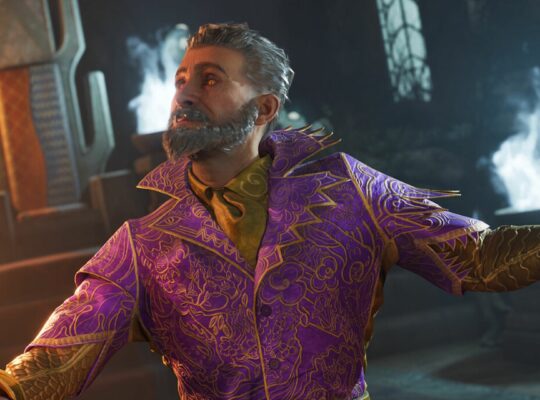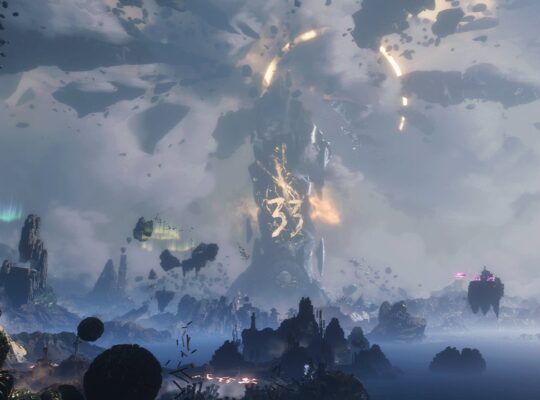The Nintendo Switch 2 is finally official, and with the announcement comes a first look at the system. As well as new Joy-Cons (which appear to also function as a mouse, thanks to optical sensors), the Switch 2’s new design has another quality-of-life feature that you may have missed in its initial reveal trailer.
The original Nintendo Switch has a single USB-C port on the underside of the tablet, but the Nintendo Switch 2 has doubled the number of Type-C ports on the system to two.
This is a bigger change than you might imagine, as the single port on the original Switch meant that if you wanted to use more than one accessory with the console, you would have to splash out for (somewhat dubious) adaptors, which had the tendency to brick your console as manufacturers figured out the exact specification that the Switch used.
The original Nintendo Switch claimed to be USB-C compliant, but the reality is that its USB-C connector had a weird and complex specification. Within it, Nintendo essentially created a custom spec that needed to be reverse-engineered before third-party docks and accessories functioned correctly without burning out pins inside the console.
With Nintendo adding a secondary USB-C port in the Switch 2, you might expect that the console will use actual USB-C standards this time around to support accessories straight out of the box. With the standard now reaching maturation, USB-C (especially the high-end Thunderbolt standard) can do high-speed data transfer, in addition to 4K display outputs. Heck, if you wanted to, you can even use the Thunderbolt standard to hook up an external GPU to a small PC or laptop via the connector.
The point is, USB-C standards are much more complex and refined than they were back in 2017. Nintendo’s addition of a secondary port suggests support for the universal standard, especially since it can handle all manner of connections, such as support for external displays, networking, data transfer, and high-wattage power.
The bottom port may be slightly more sophisticated than the top, however, since that port would be the only one going into Nintendo’s official dock, which is where you would want to plug in all of your accessories.
The top port, in an ideal world, would also support fast charging, display outputs, and other accessories. It would make no sense for Nintendo to include a secondary USB-C port at the top of the console without supporting all the additional functionality that would come with it. This opens up the opportunity to use external power banks alongside other accessories in tandem, which is a huge quality-of-life upgrade when compared to the original console.
Either way, for more details on the specifics of the Switch 2, like its mysterious C button, we’ll have to wait until April 2, 2025 and Nintendo’s Switch 2 Direct presentation.
Sayem is a freelancer based in the UK, covering tech & hardware. You can get in touch with him at @sayem.zone on Bluesky.












